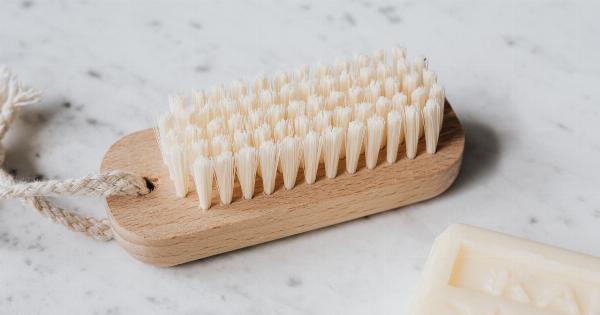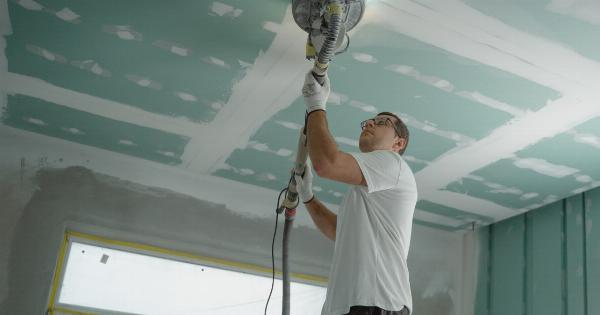If you suffer from rhinitis, then you know how frustrating it can be to live with itchiness, runny nose, and sneezing all the time.
While there are many different factors that can contribute to rhinitis triggers, one thing that can make it much worse is exposure to allergens.
Allergens That Can Trigger Rhinitis
Rhinitis is an inflammation or irritation of the mucous membrane inside the nose, which can be triggered by a variety of factors including allergies. Here are some common allergens that can trigger rhinitis:.
1. Pollen
Pollen is a common allergen that is produced by trees, grass, and weeds. When you are exposed to pollen, your immune system reacts by producing histamines, which can cause inflammation and irritation in the nose, eyes, and throat.
2. Dust Mites
Dust mites are tiny creatures that live in furniture, bedding, and carpets. They produce waste and skin particles that can trigger an allergic reaction in some people, causing rhinitis symptoms such as sneezing and a runny nose.
3. Pet Dander
Pet dander is a type of allergen that is produced by pet skin, hair, and saliva. If you are allergic to pet dander, exposure can cause inflammation and irritation in your nose, eyes, and throat.
4. Mold Spores
Mold spores are tiny particles that are found in damp and humid environments. Exposure to mold spores can cause an allergic reaction in some people, leading to rhinitis symptoms such as sneezing, runny nose, and itchy eyes.
5. Cockroach Particles
Cockroach particles are small pieces of excrement, skin, and saliva that are produced by cockroaches. These particles can trigger an allergic reaction in some people, causing rhinitis symptoms such as sneezing and a runny nose.
How to Avoid Allergens
If you suffer from rhinitis, avoiding exposure to allergens is essential. Here are some tips to help you avoid allergens:.
1. Use a HEPA Filter
A HEPA filter can be used to remove allergens from the air, helping to reduce your exposure. HEPA filters can be found in many air purifiers, vacuum cleaners, and even in some heating and cooling systems.
2. Keep Your House Clean
Regular cleaning can help to remove allergens from your home. Make sure to dust and vacuum regularly, and wash bedding and curtains in hot water to kill dust mites.
3. Avoid Pets
If you are allergic to pet dander, then avoiding pets is essential. If you cannot avoid exposure to pets, then make sure to wash your hands and face frequently, and keep pets out of your bedroom.
4. Control Humidity
Mold thrives in damp environments, so it is important to control humidity levels in your home. Use dehumidifiers in damp areas, and fix any leaks or water damage as soon as possible.
5. Cover Your Bedding
Covering your bedding with allergy-proof covers can help to prevent dust mites from getting in. These covers are made from materials that are too tightly woven for dust mites to penetrate.






























